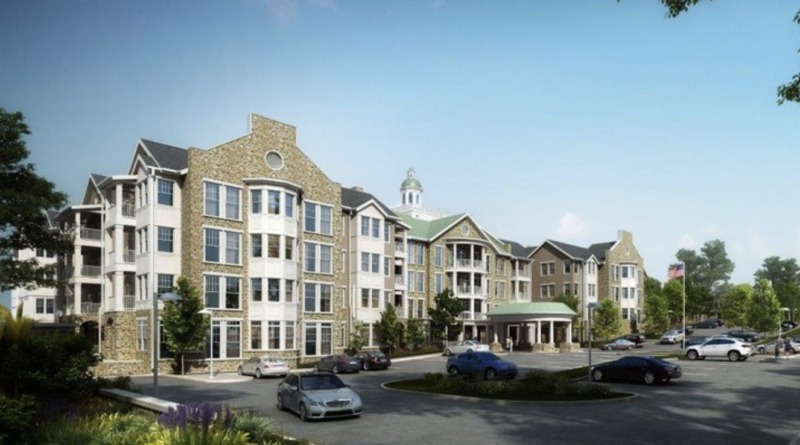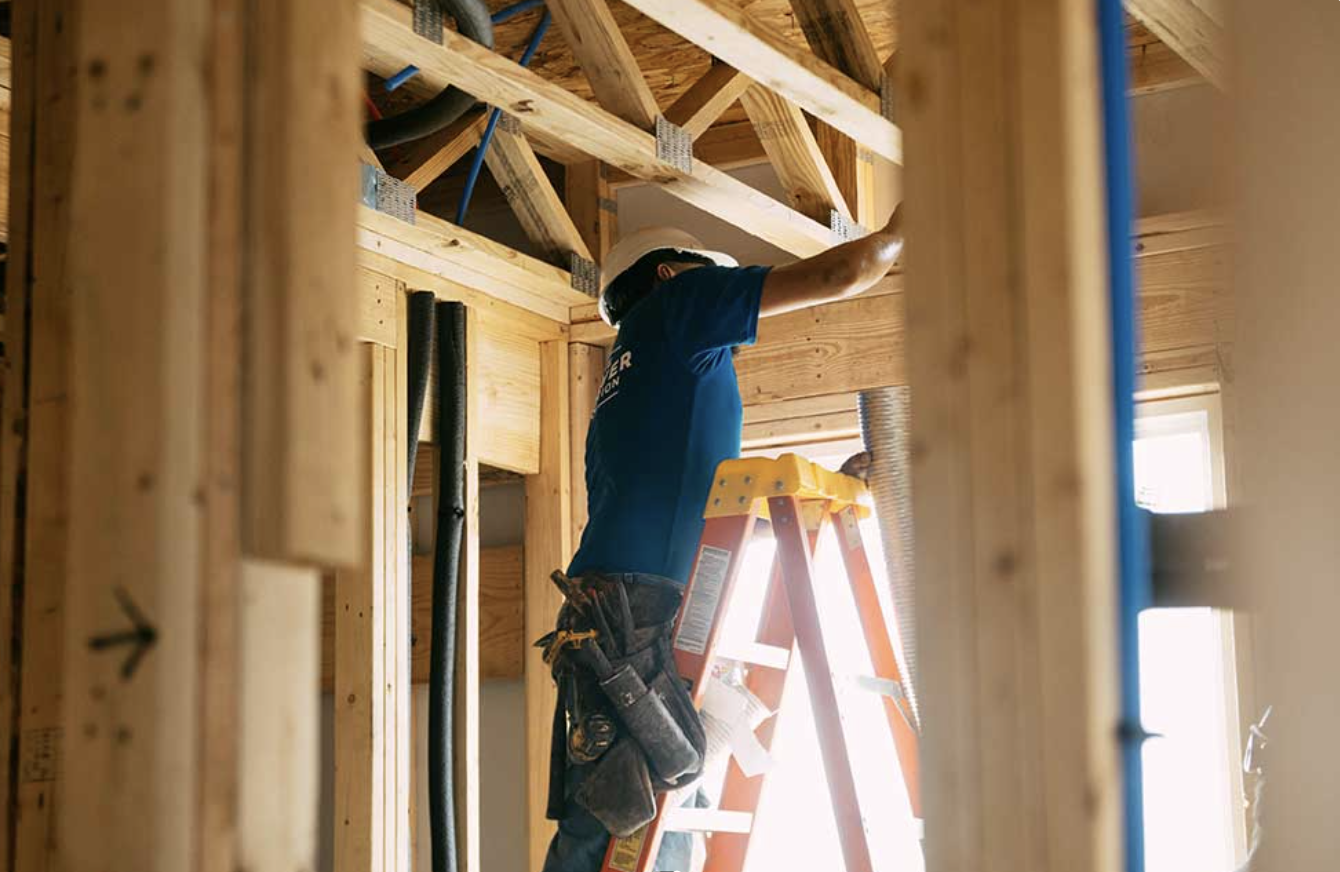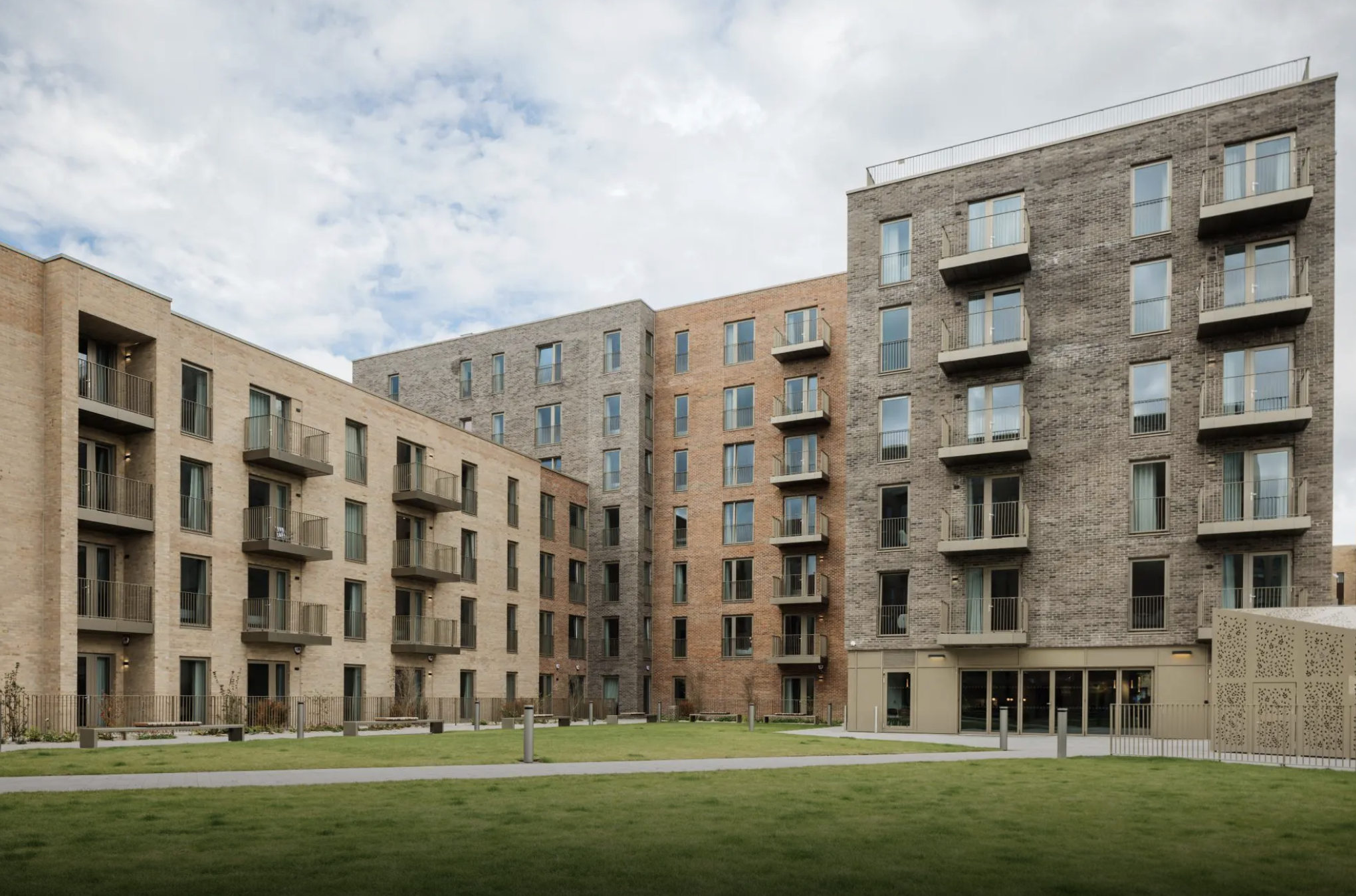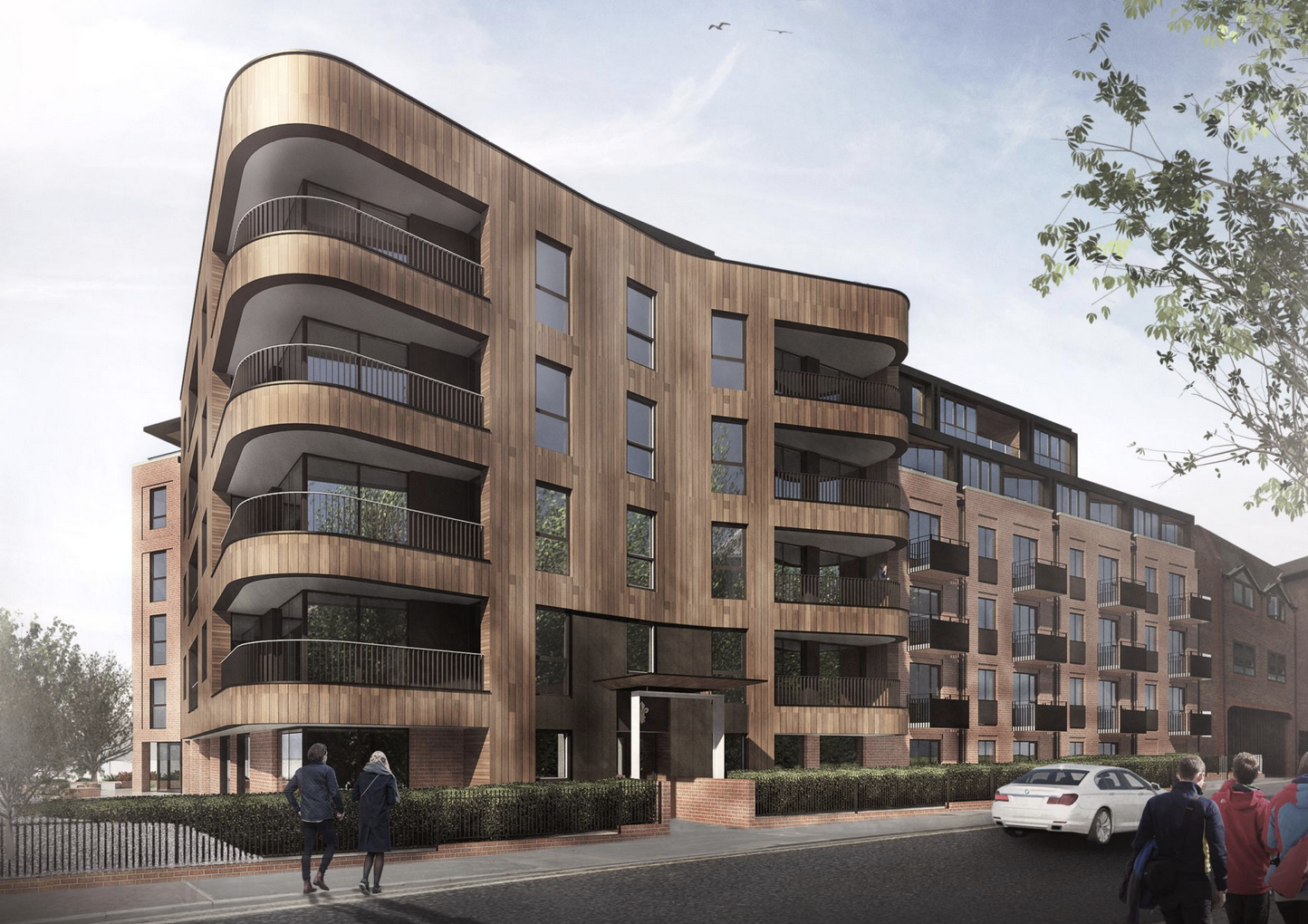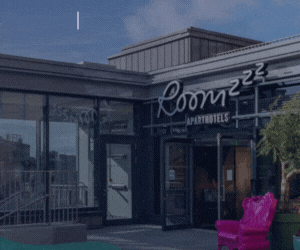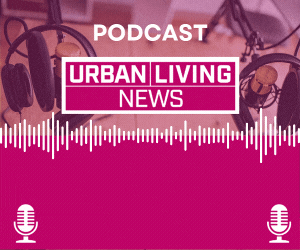US: Harrison Street has acquired five Brightview-branded senior living properties.
Brightview will continue to manage the properties, which currently have an average occupancy rate of 94 per cent. The portfolio comprises 743 units across newly constructed communities located in Massachusetts, Maryland, New Jersey, Pennsylvania, and Virginia.
Harrison Street says the transaction “reinforces the partnership’s commitment to deliver premier senior housing to the growing pools of demand in strategic, high-barrier-to-entry micro-markets throughout the north-east.”
Brightview Senior Living, founded in 1999, builds, owns and operates 45 communities in Connecticut, Maryland, Massachusetts, New Jersey, New York, Pennsylvania, Rhode Island and Virginia. The five properties acquired by Harrison Street offer independent living, assisted living and memory care.
Brightview and Harrison Street have been partners for more than 10 years. Upon the close of this latest deal, Harrison Street and Brightview’s shared portfolio will consist of 26 properties, including a development in Fairfax, VA, that is under construction.
“As market conditions are starting to shift towards an environment favourable for recap transactions, we are very pleased to do our first post pandemic deal with Harrison Street, who has been a strong long-term strategic partner of Brightview,” said Brightview president and CEO Doug Dollenberg Jr.
Harrison Street has invested more than $14.1 billion in senior housing since it launched in 2005 and is one of the top five owners of senior housing in the US.
“This strategic acquisition exemplifies Harrison Street’s commitment to identifying and investing in key opportunities in the senior living sector. We believe by partnering with experienced operators like Brightview, we will continue to deliver high-quality assets in supply-constrained markets, meeting the growing demand for premier senior housing while generating great outcomes for our investors,” said Mike Gordon, global chief investment officer at Harrison Street.
“These communities are situated in affluent micro-markets characterised by strong demographics and high barriers-to-entry that require extensive headwinds and approvals for new development, thus, we believe that these properties will be well-insulated from new competition for years to come,” he added.











